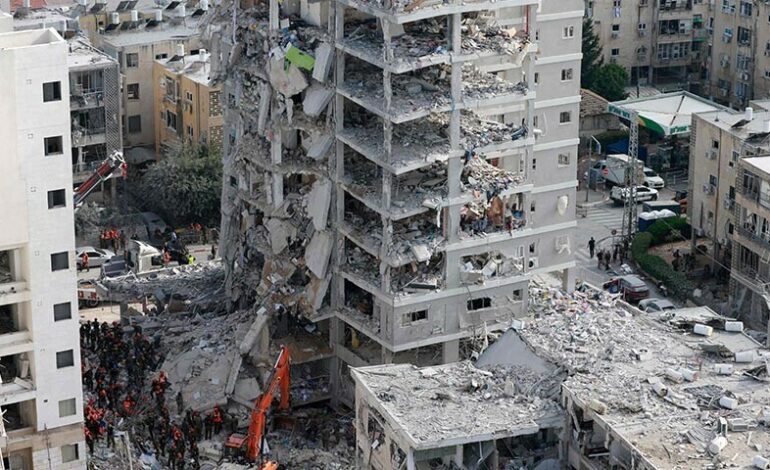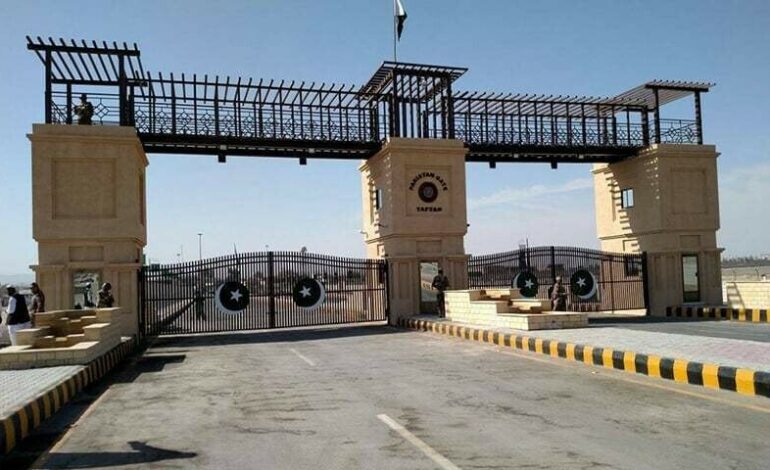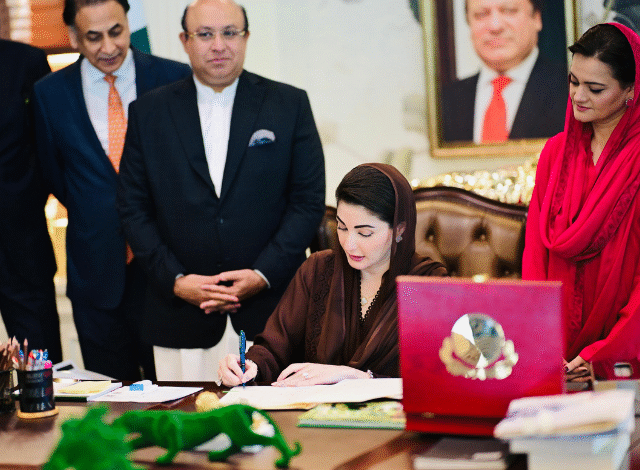
Trump Urges Iran and Israel to ‘Make a Deal’ Amid Intensifying Conflict
As Israel and Iran enter a third day of heavy missile exchanges, former U.S. President Donald Trump has publicly called on both nations to “make a deal,” claiming peace is still possible despite escalating violence and mounting casualties.
Speaking via his social media platform Truth Social, Trump said, “Iran and Israel should make a deal, and will make a deal,” referencing his past efforts to defuse tensions between India and Pakistan through trade diplomacy. He claimed that peace would be achieved “soon,” hinting at ongoing backchannel discussions, and stated that the U.S. was “not involved at this moment.”
Israel-Iran Conflict Escalates: Death Toll Rises, Strikes Expand
The latest phase of the conflict began on Friday when Israel launched surprise airstrikes on Iran, targeting nuclear facilities and senior military officials in a bid to derail Tehran’s alleged nuclear ambitions — a claim Iran continues to deny, insisting its nuclear program is strictly for civilian use.
Casualties and Damage:
- Iran: Nearly 140 people killed, including 60 in one attack on a 14-storey residential building in Tehran.
- Israel: At least 13 people dead, over 380 injured as Iran retaliated with over 200 drones and missiles, hitting 22 locations.
Rescue teams in both countries are still combing through the rubble for survivors. Missile impacts have been reported in Tel Aviv, Jerusalem, and Tehran.
Trump’s Comments: Diplomacy, Warnings, and Potential U.S. Involvement
Trump stated in an interview with ABC that the U.S. “could get involved” if necessary but emphasized the importance of avoiding escalation. He also expressed openness to Russian President Vladimir Putin acting as a mediator, saying, “He is ready.”
While distancing the U.S. from direct involvement in the current strikes, Trump warned Iran against any attack on U.S. assets, vowing unprecedented retaliation.
Strikes on Iranian Energy Infrastructure Spark Global Concerns
For the first time, Israeli strikes have directly targeted Iran’s oil and gas sector, igniting fires at:
- South Pars Gas Field: A key source of 6.5% of global gas reserves. Phase 14 was shut down, halting 12 million cubic metres/day of production.
- Shahran Oil Depot and Tehran Refineries: Multiple fires reported; Iranian officials said operations at major refineries continue.
The attack on South Pars — a field Iran shares with Qatar — was denounced by Iranian officials as an attempt to drag the conflict into the Persian Gulf and disrupt global energy supply.
Threat of Wider Regional Conflict
General Esmail Kosari said Iran is reviewing whether to close the Strait of Hormuz, a critical waterway through which 20% of global oil passes. Experts warn that such a move could trigger a global energy crisis and sharply spike oil prices.
Iran’s Foreign Minister Abbas Araghchi said Tehran does not seek war with neighboring states but warned that continued Israeli aggression would prompt harsher responses. He accused Israel of trying to derail nuclear negotiations and condemned what he called U.S. “complicity” in the attacks.
Western Reactions and Diplomatic Efforts
Germany, France, and the UK have jointly offered to resume immediate nuclear talks with Iran, expressing concern over escalation and urging diplomatic resolution.
German Foreign Minister Johann Wadephul and Chancellor Friedrich Merz stressed the need to prevent Iran from obtaining nuclear weapons, with Merz praising Oman’s mediation role.
Britain has deployed additional military assets to the region. While officially a precautionary step to protect UK interests, British Minister Rachel Reeves signaled possible support for Israel if requested.
U.S. and Regional Military Activity
According to The Wall Street Journal, U.S. forces have been assisting with missile interception, using air, sea, and ground-based systems. Three drones aimed at the Ain al-Asad U.S. base in Iraq were shot down on Sunday, though no group claimed responsibility.
In Iraq, pro-Iran groups staged demonstrations but stopped short of storming the U.S. Embassy.
Humanitarian Impact and Civilian Infrastructure
Israeli media report dozens missing after a missile hit an apartment building in Bat Yam, south of Tel Aviv. Iran has opened mosques, schools, and metro stations as bomb shelters. Fuel and food supply chains remain operational, authorities said.
Despite targeted infrastructure, the Iranian oil ministry claims that operations at Isfahan and Tehran refineries continue normally.
Outlook: Fears of Prolonged Conflict
Israeli Prime Minister Netanyahu declared that Iran would “pay a very heavy price” and urged Iranians to rise against their leadership. He claimed Israel’s strikes had set back Iran’s nuclear program “by years.”
However, the International Atomic Energy Agency (IAEA) and U.S. intelligence agencies continue to report no evidence that Iran is actively pursuing a nuclear weapon.
A scheduled sixth round of U.S.-Iran nuclear talks was cancelled following Israeli attacks, with Iran’s Foreign Ministry citing the strikes as a direct sabotage of diplomacy.






